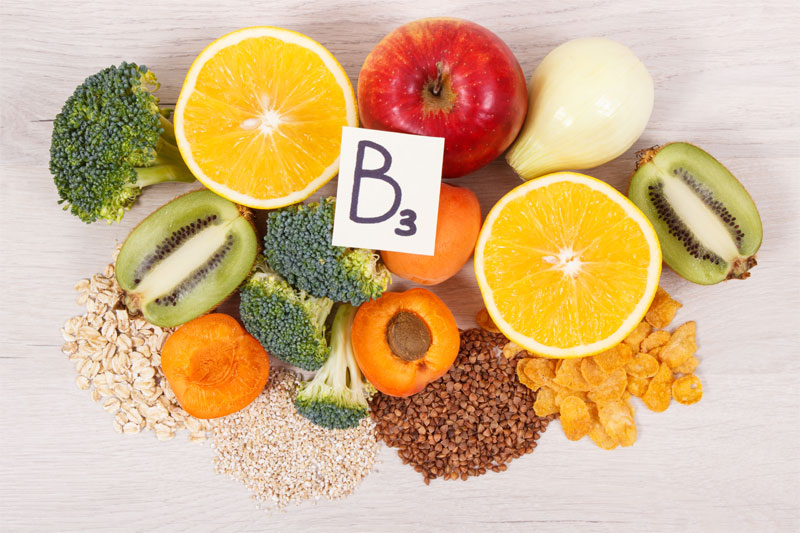
Can The Immune System Be Boosted To Fight COVID-19?
This question is on everyone’s mind right now as the world faces a serious health crisis. No one knows how to fully manage or prevent the damage caused by the virus, yet, since the coronavirus and the disease it creates are new to humans.
However, keeping the immune system healthy is crucial to preventing disease and infection, in general. A person has to make healthy lifestyle choices by exercising, getting enough sleep, and consuming nutritious foods to bolster the immune system.
Certain herbs, minerals, and vitamins can also help improve the immune response and potentially protect the body against illnesses. However, in this challenging time, it’s crucial to preserve as many funds as possible due to the uncertainty surrounding when the world will recover from the pandemic. For those who are being tight with their budget and want to save money shopping for those vitamins and minerals, you might have a chance of doing so by using deals available here.
So, what are the top vitamins and minerals for boosting your immune system during coronavirus? Discover them below.
1. Zinc
2. Vitamin D
This fat-soluble nutrient is essential to the immune system’s health and functioning. Vitamin D enhances the effects of macrophages and monocytes in fighting pathogens. Macrophages and monocytes are white blood cells that serve as essential parts of the immune defense. Vitamin D also decreases inflammation, which helps in promoting immune response. The problem is that a lot of people have vitamin D deficiency. Such a condition negatively affects proper immune system functioning. In fact, low levels of vitamin D are associated with a significantly increased risk of allergic asthma, influenza, and other upper respiratory tract infections.
Depending on a person’s blood levels, anywhere between a thousand and four thousand international units of vitamin D supplementation daily is already sufficient for most individuals. However, those having more serious deficiencies may require much higher doses. Top Foods for Vitamin D are Cod liver oil, Egg yolks, Mushrooms, Oily fish etc.
3. Vitamin A
Go colorful for Vitamin A. Food that contains high levels of colorful compounds called carotenoids, which include squash, cantaloupe, pumpkin, sweet potatoes, and carrots are all great options. The human body is capable of turning these carotenoids into vitamin A. This type of vitamin has an antioxidant effect and helps strengthen your immune system against infection. Best source of vitamin A are Beef Liver, Sweet Potato, Cod Liver Oil, Carrots, Tuna, Butternut Squash, Spinach, Cantaloupe etc.
4. Vitamin C
One of the most popular supplements taken to protect against different types of infection is Vitamin C. This type of vitamin plays a vital role in the immune health of humans.
Vitamin C supports the functioning of various immune cells, enhancing their ability to protect the body against infection. Vitamin C is also necessary for cell death, helping keep the immune system strong by clearing old cells out and replacing them with brand new ones.
Since it’s a powerful antioxidant, this vitamin also functions by protecting the body against damages induced by oxidative stress. Oxidative stress results from the accumulation of reactive molecules, also known as free radicals. Oxidative stress negatively affects immune health and is associated with numerous diseases. Taking vitamin C has been shown to help reduce the severity and duration of infections in the upper respiratory tract, including the common cold. Foods High in Vitamin C are Guava raw, Kakadu Plums, Sweet red pepper, Acerola Cherries, Tomato juice, Orange juice, Rose Hips etc.
5. Vitamin E
Just like vitamin C, this vitamin is a powerful antioxidant. It helps the body fight off infections. Sunflower seeds, hazelnuts, peanuts, and almonds are foods that contain high amounts of vitamin E. If you prefer increasing your vitamin E intake through meals instead of snacks, you can try broccoli and spinach. Vitamin E is an important vitamin. It’s part of almost 200 biochemical reactions in the body and is critical in the functioning of the immune system. Foods high in vitamin E include Wheat Germ Oil, Peanuts, Sunflower Seeds, Some oils, Almonds, Avocados, Beet greensSpinach, Trout etc.
Final Thoughts
These minerals and vitamins may offer benefits for the immune health of humans, but they shouldn’t and can’t be used to replace a healthy lifestyle.
With the 2019 coronavirus pandemic, it’s essential to understand that there’s no diet, supplement, or any other lifestyle medication that can protect one from COVID-19 other than proper hygiene practices and social distancing. What this article has provided is information that may bolster your immune system defenses in general.
Comments
comments